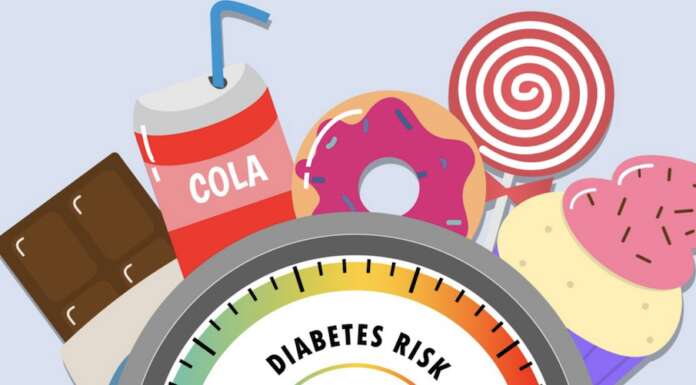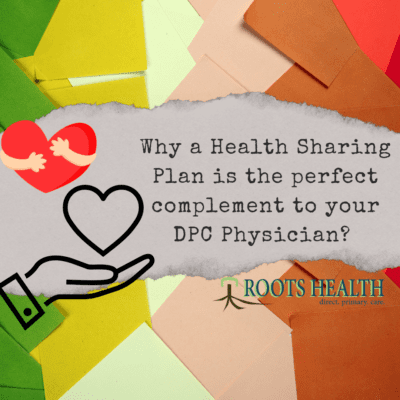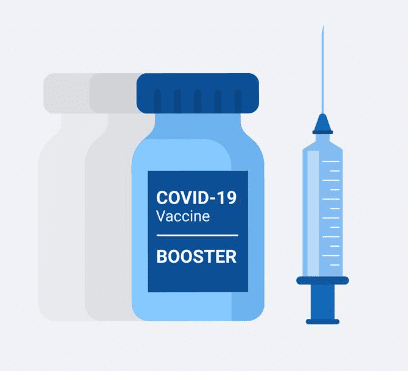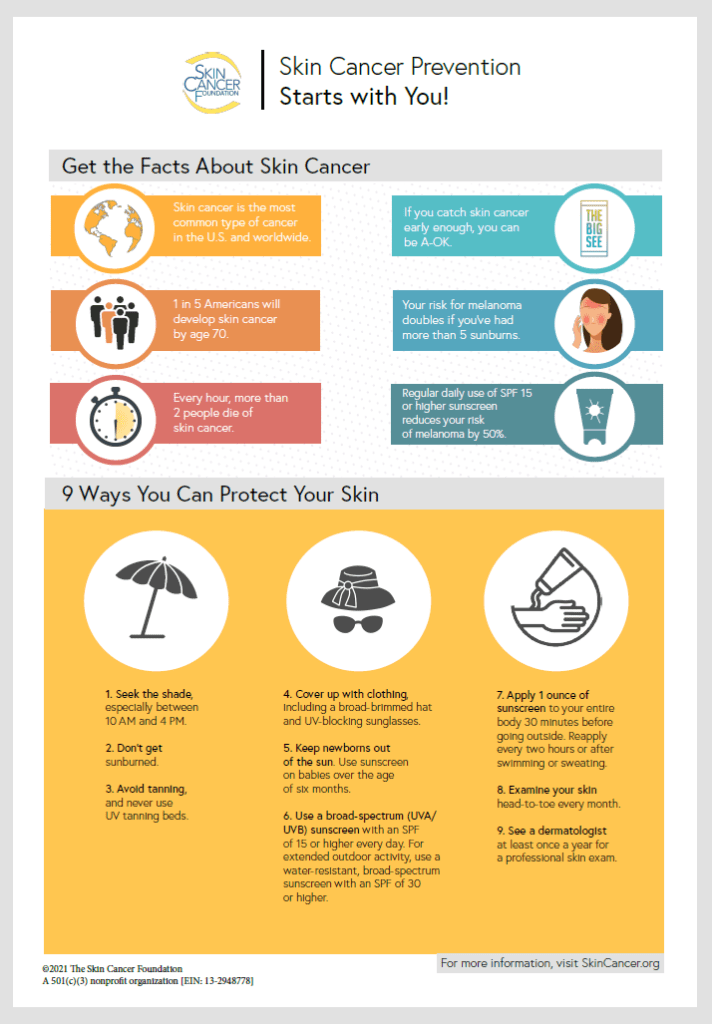Managing Prediabetes
Empower Your Health:
Managing Prediabetes with Lifestyle Changes
Discovering you have prediabetes doesn’t mean you’re destined for diabetes. It’s a powerful opportunity to take charge of your health and prevent future complications.
Here’s how you can proactively manage prediabetes and reduce your risk of developing diabetes:

3. Stay Active: Incorporate just 30 minutes of moderate physical activity into your daily routine. Whether it’s walking, gardening, or dancing, find enjoyable activities that get your body moving and promote overall wellness.














